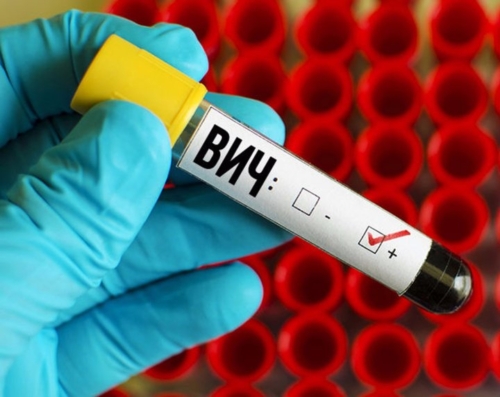
He had not told his partner he had HIV, the court acquitted him. "Very low viral load, he was being treated".
Acquitted ‘because the fact does not exist’. The trial had arisen following the complaint of the woman with whom he had had sexual intercourse a few hours after meeting her.
‘The risk of infecting his partner was substantially nil’. For this reason, the Court of Bari acquitted ‘because the fact does not exist’ a 56-year-old man, accused of attempted grievous bodily harm for having unprotected sexual intercourse, despite being HIV-infected, with an acquaintance of his from Bari. The man, who was undergoing treatment at the time, was in fact in a condition of ‘impossibility of transmission of the virus’ due to his very low viral load, and his behaviour was defined as ‘unsuitable’ to infect his partner.
The reconstruction of the facts
The facts date back to 2018. In April of that year, the two, who had known each other for some time although they lived in different regions, met in Bari and had unprotected sex there. Only the next morning, the man told them that he was HIV-positive. At that point, the woman, ‘left ‘as if paralysed’, rushed to the hospital in Bari, telling the story and undergoing prophylaxis. Four years after the events, the man was sent for trial. Fundamental to his acquittal were the depositions of the technical consultants, who explained how the approach to the disease had ‘completely changed’ following a 2017 study, which had shown that ‘patients with a negative viral load did not have the capacity to transmit the infection sexually’. Therefore, ‘patients were no longer advised to use condoms during sexual intercourse’.
Despite ‘the defendant’s ambiguous attitude’, who only confessed to his condition after unprotected intercourse, the judges thus found that ‘the acts performed were incapable of causing’ the woman’s infection.
Bari, non aveva detto alla partner di avere l’Hiv, il tribunale lo assolve. «Carica virale bassissima, era in cura»
di Nicolò Delvecchio
Assolto «perché il fatto non sussiste». Il processo era nato in seguito alla denuncia della donna con cui aveva avuto un rapporto sessuale poche ore dopo averla conosciuta
«Il rischio di contagiare la partner era sostanzialmente nullo». Per questo il tribunale di Bari ha assolto «perché il fatto non sussiste» un 56enne, accusato di tentate lesioni personali gravissime per aver avuto un rapporto sessuale non protetto, pur essendo affetto da Hiv, con una sua conoscente barese. L’uomo, in quel periodo sottoposto a terapia, si trovava infatti in una condizione di «impossibilità di trasmissione del virus» data dalla sua bassissima carica virale, e il suo comportamento è stato definito «inidoneo» a infettare la partner.
La ricostruzione dei fatti
I fatti risalgono al 2018. Nell’aprile di quell’anno i due, che si conoscevano già da tempo pur vivendo in regioni diverse, si incontrarono a Bari e qui consumarono un rapporto non protetto. Soltanto la mattina successiva, l’uomo raccontò di essere sieropositivo. A quel punto la donna, «rimasta come paralizzata», si precipitò al Policlinico di Bari raccontando la vicenda e sottoponendosi a profilassi. Quattro anni dopo i fatti, poi, l’uomo fu rinviato a giudizio. Fondamentali per la sua assoluzione sono state le deposizioni dei consulenti tecnici, che hanno spiegato come l’approccio alla malattia fosse «completamente cambiato» in seguito a uno studio del 2017, dal quale era emerso come «i pazienti con carica virale negativa non avevano capacità di trasmettere l’infezione per via sessuale». Per questo, «ai pazienti non veniva più consigliato l’utilizzo del preservativo durante i rapporti sessuali».
Nonostante «l’atteggiamento ambiguo dell’imputato», che ha confessato la sua condizione solo dopo il rapporto non protetto, i giudici hanno quindi rilevato come «gli atti posti in essere erano inidonei a cagionare» l’infezione della donna.




